Fruits and Veggies for Dogs: What’s Safe and What’s Not
Mar 12, 2015, Updated Dec 19, 2023
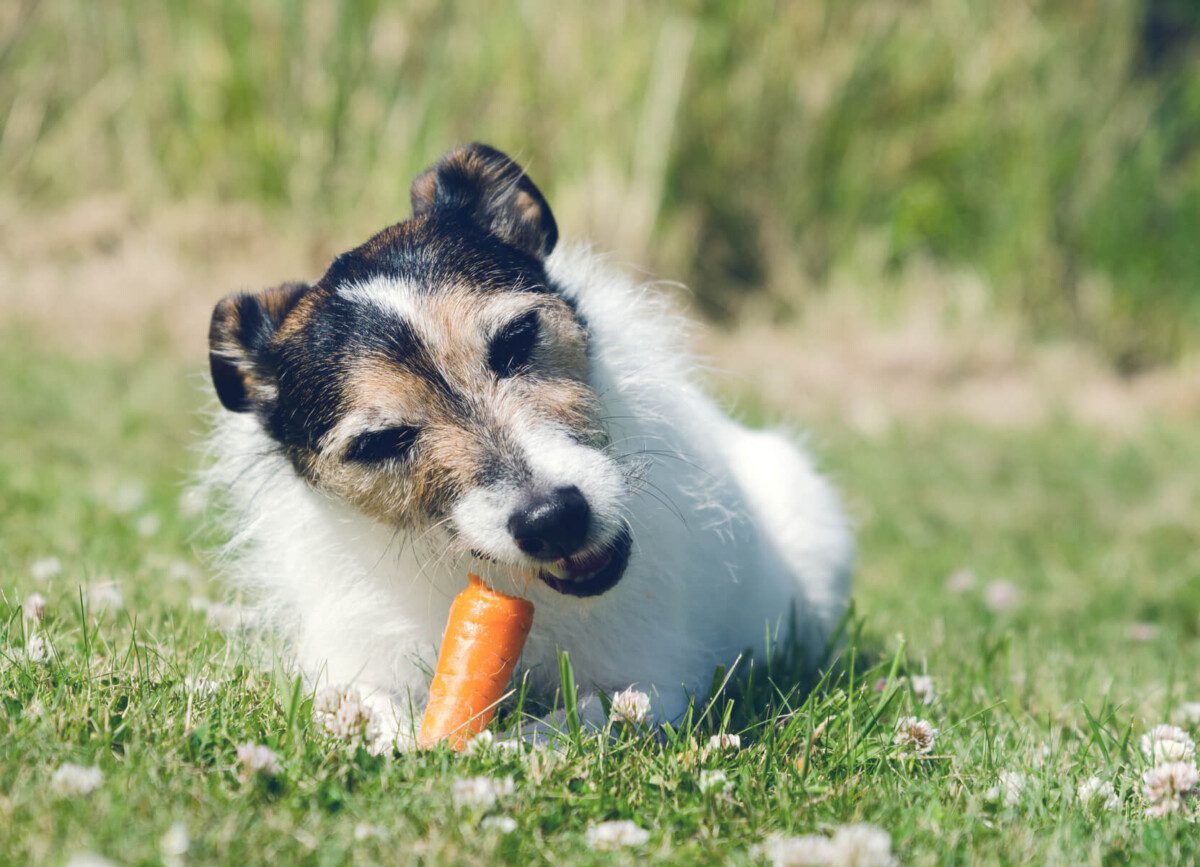
This post may contain affiliate links. Please read our disclosure policy.
We are MAJOR dog lovers around here! If you’re anything like us, you often feel sorry for your cute pooch when you see him eating the exact same meal, day after day.
How can they possibly live their whole life content with the same old dog food without experiencing the unlimited and delicious natural fruits and veggies that life has to offer?
Many fruits and vegetables are safe for dogs and can even provide nutritional benefits when included as part of a balanced diet. However, it’s essential to be aware of which ones are safe and in what quantities, as some can be harmful.
To help you out, we looked into which fruits and vegetables are safe for dogs. There are many that are safe, even healthy, for dogs to eat in small quantities.
Related: DIY Minty Fresh Dog Treats
Safe Fruits and Vegetables for Dogs
Apples: Apple slices in small amounts are a safe option. Be sure to remove all seeds before feeding it to the dog. Dogs love these homemade apple and pumpkin dog treats.
Bananas: Small pieces of banana are safe to feed your dog. Be sure they do not ingest the banana peel, however. Try making these banana and pumpkin dog treats for your pup.
Blackberries: Blackberries offer safe nutritional benefits to your dog, such as antioxidants, fiber, and vitamins!
Related: Gluten-Free Blackberry and Almond Flour Dog Treats
Blueberries: Just as blueberries are a “superfood” to humans, they also provide nutritional benefits to dogs. Your pup will go wild for these blueberry and banana pupsicles.
Broccoli: Broccoli is safe for dogs in very small amounts. It is not recommended to feed them broccoli regularly, as it can lead to intestinal issues in some rare cases.
Carrots: Carrot sticks and baby carrots are safe for dogs, as long as the green leaves are removed. These grain-free carrot and spinach dog treats are a great option for your treat-loving dog.
Cauliflower: Cauliflower is safe to feed your dog in small amounts. Feeding your dog cauliflower on a regular basis is not recommended, however.
Cucumber: Cucumber slices or chunks are safe for dogs, but try to limit the amount of cucumber skin/peel they ingest.
Green Beans: Green beans are safe for dogs, as long as they have been washed and are not eaten straight from the garden in the backyard!
Oranges: Oranges are safe for a dog as long as the peel and seeds have been removed.
Peas: Peas are jam packed with nutritional value for humans, and offer small amounts of value to dogs. It is not recommended to regularly feed your dog peas, but it is safe in small amounts.
Potatoes: Small amounts of baked potato are safe for dogs. Make sure the potato is cooked in some fashion, not fed to them raw.
Strawberries: Strawberries contain safe antioxidants and Vitamin C for your dog, as well as an enzyme that helps whiten their teeth!
Sweet Potatoes: Sweet potatoes are safe for dogs and are a common ingredient found in dog food. Try making these sweet potato treats for your pooch:
Watermelon: Seedless watermelon is safe for dogs in small amounts. Both the white and black seeds are not easily digested, so be sure to remove all seeds. Do not allow the dog to eat the watermelon rind, either. Here are 4 simple watermelon dog treats you can give your furry friend.
Zucchini: Small amounts of zucchini slices or chunks are perfectly safe for your pooch. However, try to limit the intake of zucchini skin/peel.
Dangerous or Toxic for Dogs
Avocados: Avocados contain a substance called persin. Persin is harmless to humans who aren’t allergic but may be toxic to dogs in large amounts.
Garlic: Garlic is extremely dangerous to dogs, in all forms – cooked, raw, or powdered. It can destroy a dog’s red blood cells, leading to anemia. Symptoms of anemia include weakness, vomiting, little interest in food and trouble breathing.
Grapes: Grapes (and raisins) can cause kidney failure in dogs, even in small amounts. You should notice signs within one day, including repeated vomiting, or becoming lethargic and depressed.
Onions: Onions are very dangerous to dogs, in all forms – cooked, raw, powdered, or dehydrated. It can destroy a dog’s red blood cells, leading to anemia. Symptoms of anemia include weakness, vomiting, little interest in food and trouble breathing.
Peaches and Plums: The main danger in peaches and plums is the pit of the fruit. The pit contains cyanide, which is poisonous to both dogs and humans. Pits can also cause obstruction in the intestines if swallowed.
Raisins: see “Grapes”
Macadamia Nuts: Macadamia nuts are one of the worst things your dog could consume. Eating as little as six nuts can lead to muscle tremors, weakness or paralysis of the hindquarters, vomiting, elevated body temperature, and a rapid heart rate, which can turn fatal. Get your dog to a veterinarian immediately if they consume macadamia nuts.
* Please note that even if a fruit or vegetable is safe for dogs to eat, moderation is key. Only feed them safe ones in small amounts. Dog food was invented for a reason!
It is also recommended that you speak to your veterinarian before introducing any new foods into your dog’s diet.
For more information on dog health and wellness, visit http://pets.webmd.com/dogs/
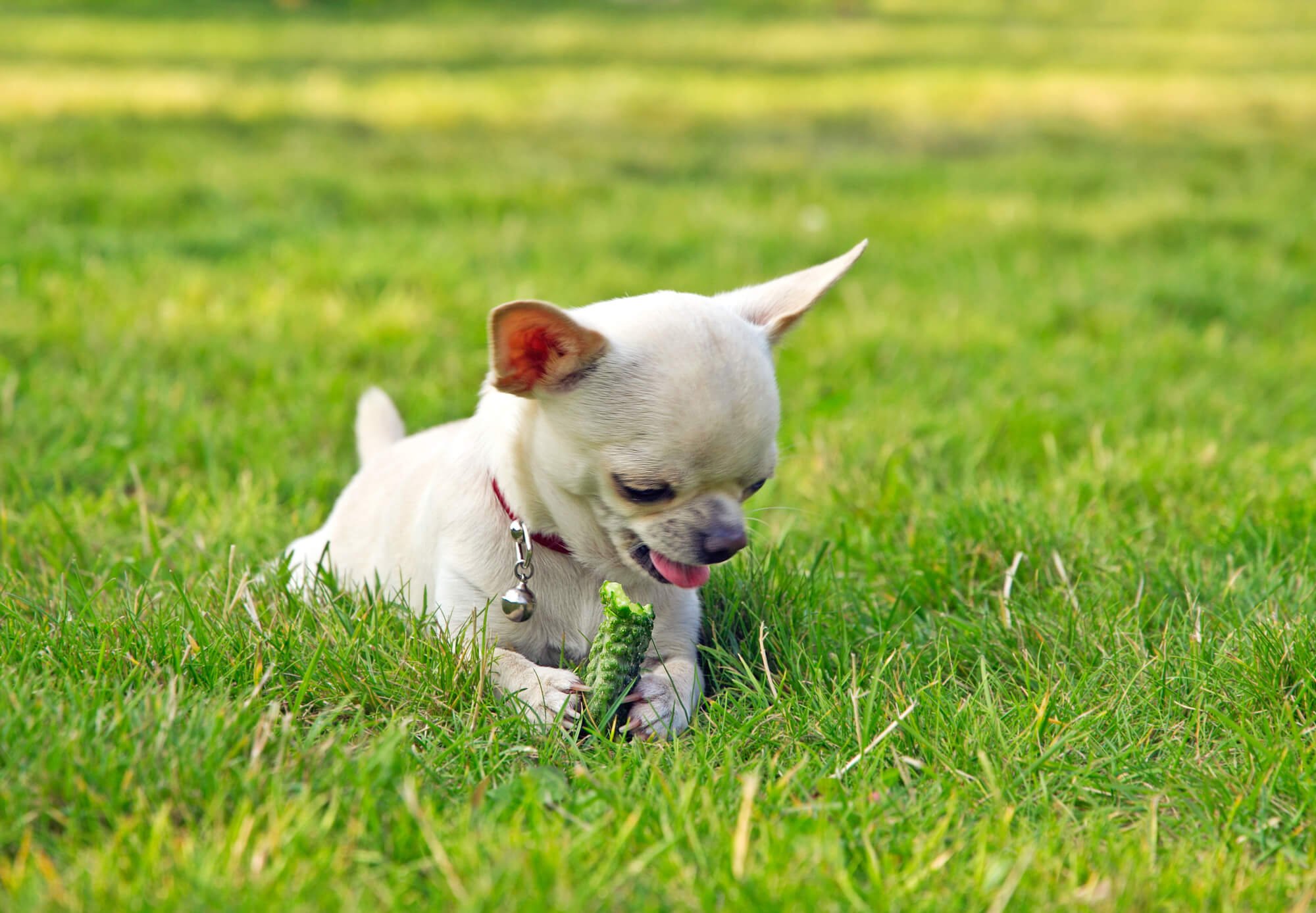
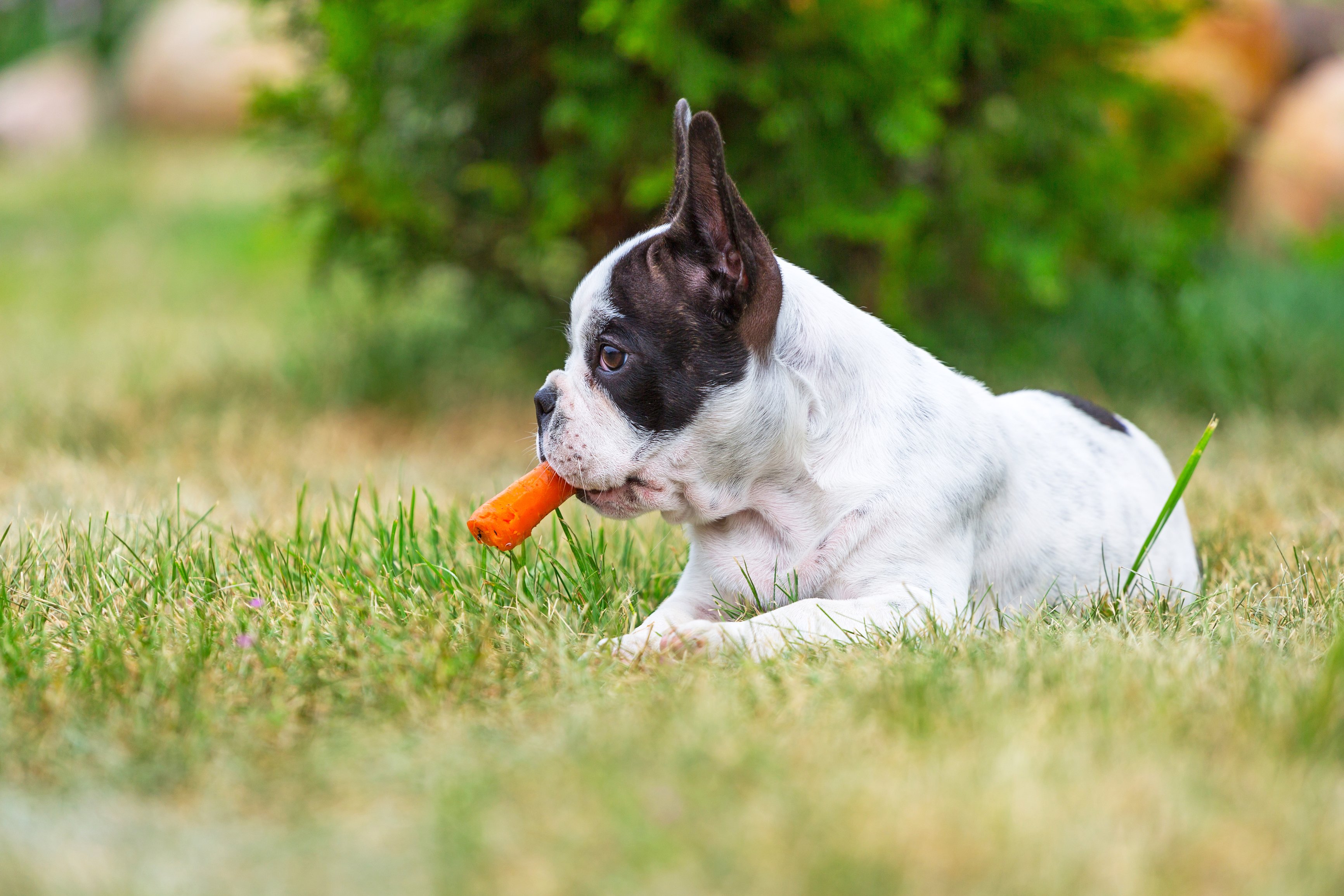
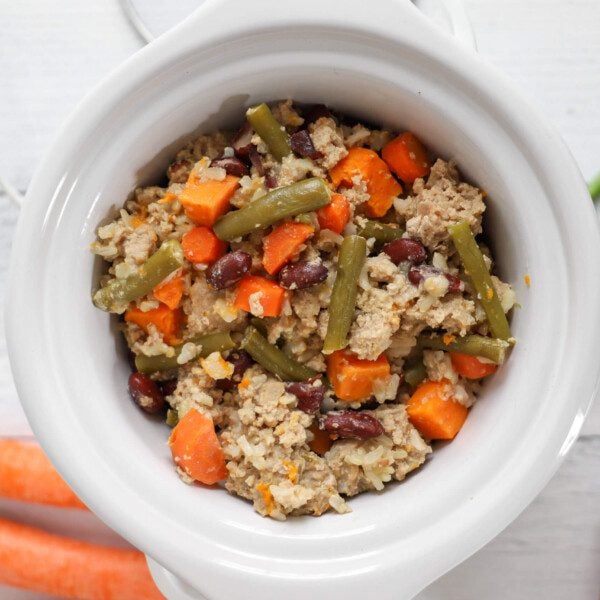

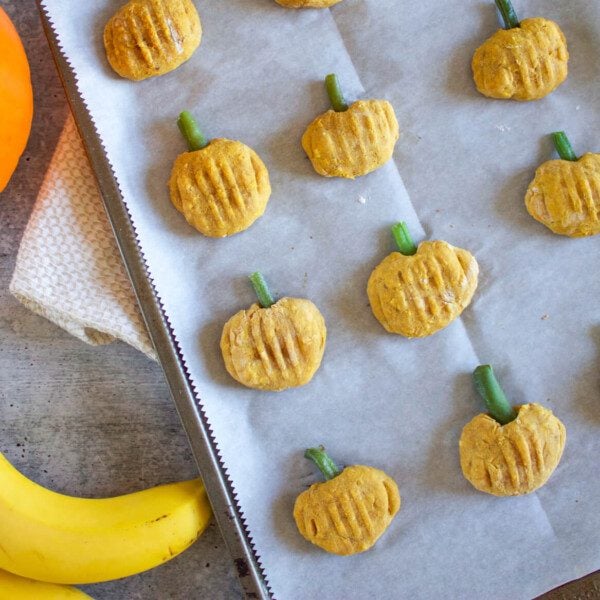
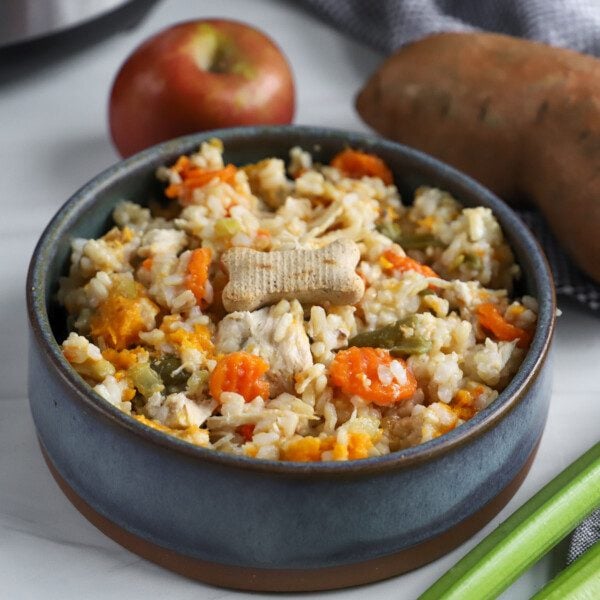
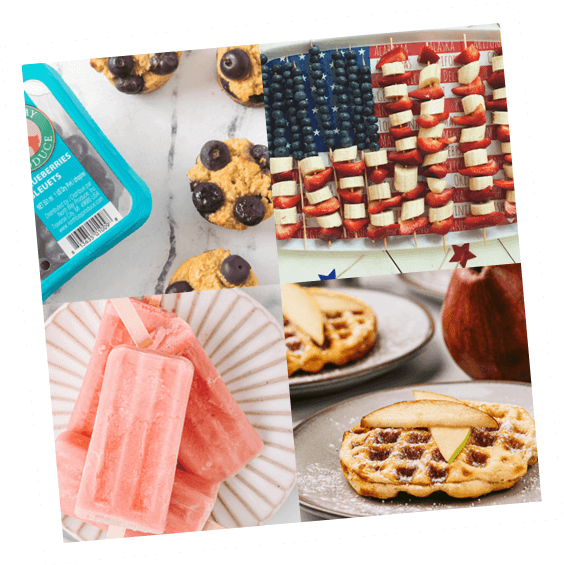

“What a journey it’s been! 🌟 I couldn’t have navigated through the complexities of our recent move without the invaluable assistance of an amazing lawyer. Their expertise and guidance were instrumental in ensuring a smooth transition for my family. If you’re ever in need of legal support, I highly recommend their services. They truly go above and beyond to deliver exceptional results.
“What a delightful read! 🐾 As a devoted dog lover, this article truly resonated with me. The bond between humans and our furry companions is simply heartwarming. If you share the same passion for Dogs, I highly recommend checking out some amazing canine moments on . It’s a heartwarming journey through the world of our four-legged friends!
Greetings from England!
Insanely comprehensive 🙂
Thank you so much,
Now I have something to read during the holidays. This will take a while but well worth it like always
You can read another one here petreviewz
I just started feeding my dogs apples, carrots and bananas and they love them.
Thank you so much for such an informative piece of information 🙂
If anyone interested similar one’s have a look here
petreviewz
Thanks
Good article! I’d also like to mention that unripe tomatoes are also toxic to dogs (their leaves too). This is the issue because tomato (along with potato) is the most-grown plant worldwide.
If ingested, the dog’s mouth should instantly be rinsed from any tomato parts (including its leaves, very important) and the dog should be taken to a vet as soon as possible. Diarrhea and vomiting are a few of the symptoms, but there are many more. Veterinarian will most likely induce vomiting to the dog and give him/her active charcoal (to decrease toxicity).
Source: https://www.vivotail.com/toxic-vegetables-your-dog-should-never-eat/#Unripe_tomatoes